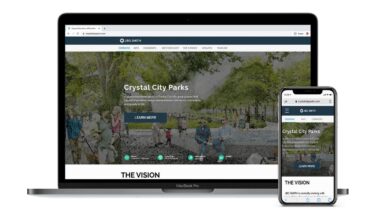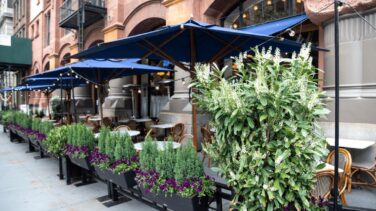
Compared to 30 other occupations, artists’ and musicians’ incomes rank 27th out of 30. The consequences of a low income for artists become more serious when you consider the compounding effect of performance venue shutdowns from COVID-19 and the lack of affordable housing that, for most artists, doubles as their studio, creative, and office space needed to help make their living.
The housing affordability crisis is not news in the United States: median rent growth has outpaced median income growth for decades now, resulting in the “missing middle.” This housing crisis has left nearly half of renters cost-burdened and two-thirds of renters unable to afford owning a home – and this was before the global pandemic.
Not only do artists require physical space to perform and earn the majority of their income (over 80% of musicians’ income is from touring/performance revenues), but they also require affordable, private, physical space to use as a studio to create their work. However, a studio is a luxury that only established or financially independent artists can afford. Most emerging artists resort to repurposing their homes to also serve as their studio and workspace to help make their living.
This double dependence on physical space is a unique challenge for those in the creative and performance industries. The combined assault on accessible physical space from the affordable housing crisis and COVID-19 limitations puts artists and musicians in a financially precarious position.
Efforts to relieve this acute disadvantage and provide creatives with financial support as well as affordable housing and studio space are being undertaken by incredible people like those at The Record Co., a 501(c)(3) nonprofit fighting for music makers in Boston. The Record Co. “build and operate public spaces to rehearse, record, and gather because believe it should be as easy to get together and make music as it is to meet and play games in a park.” Additionally, The Record Co. has launched a Music Maker COVID-19 fund to support musicians through the economic hardships of the pandemic. Similar efforts to support artists and musicians with financial relief can be found from the City of Boston, Cambridge, MA, at the national level, and even at the global level.
Many of these funds are overwhelmed or have exhausted their resources in supporting the incredible demand for financial relief from artists and musicians; more support for artists and musicians is needed than ever before to help them through these unique times. You can check out this list of artists’ relief resources curated by the National Endowment for the Arts below to learn more about what’s being done to help.
– Dylan Goren, Associate Product Manager


